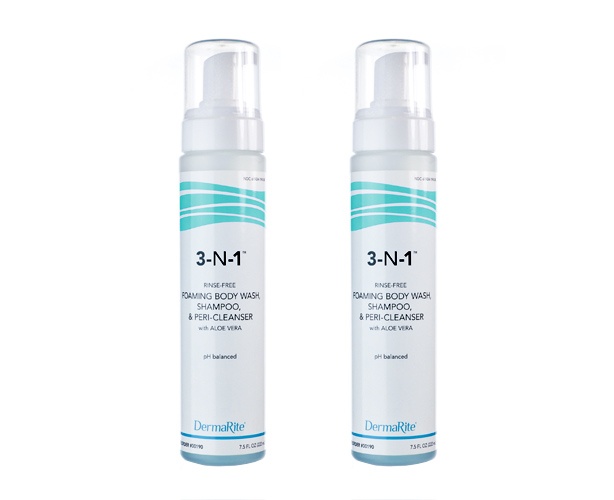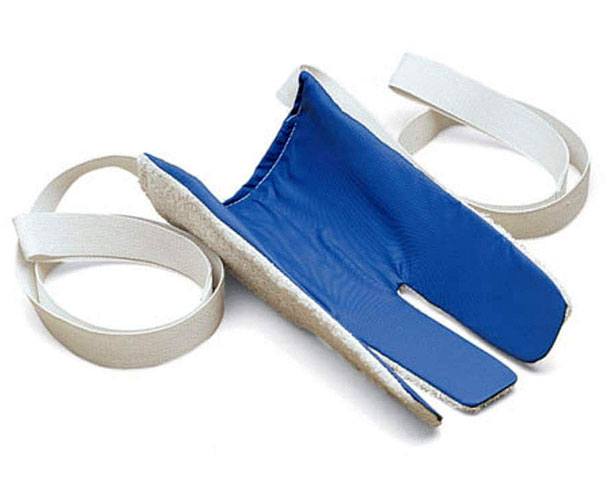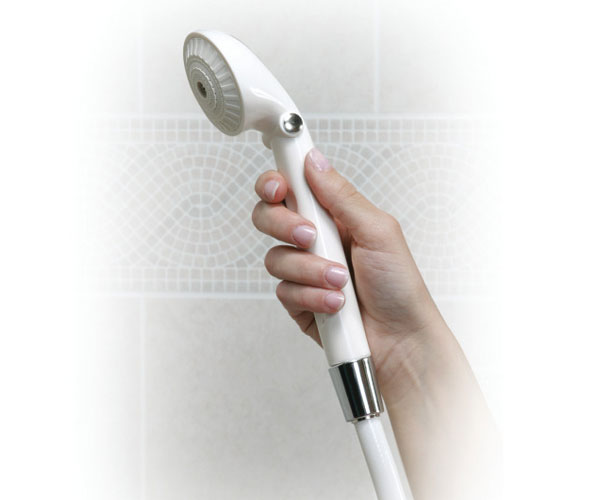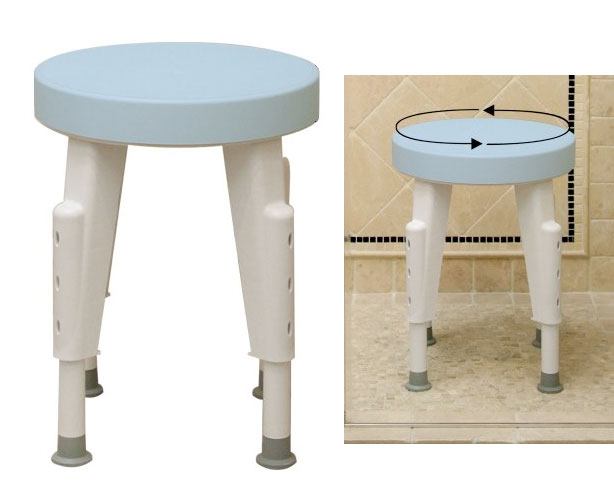
Please choose a body region on the right for you to pin point the problem area of your body.

Shop by Condition

Shop by Brand
Alzheimer’s is a brain disorder that is irreversible and progressive. It destroys a person’s thinking and memory skills until finally, even the simplest task becomes difficult to perform. It is one of the best-known causes of dementia in elderly people. The disease progresses over 4 to 20 years and goes through six stages before the seventh - late-stage dementia. People with Alzheimer’s can live for up to eight years after diagnosis. Progression of the disease varies from one individual to the next.
Sadly, since its discovery in 1906 by a man the disease is named after, not much progress has been made in its treatment. Treatment today is temporary and helps some with memory loss, reasoning, and thinking, but does not get rid of the disease.
Over the last several decades, studies have been conducted to better understand the disease. Medications have gone through several years of trial, only to be deemed a failure at the end. And spending several billions of dollars on research has yielded very little results.
This year’s (2020) treatment of the disease involves boosting the chemicals in the brain that are responsible for carrying information from one cell to another.
There are two types of drugs that are used to treat the cognitive symptoms associated with Alzheimer’s.
Cholinesterase inhibitors boost cell-to-cell communication by ensuring the chemical messenger in the brain is not depleted. It also improves symptoms of depression and agitation that are common in patients with Alzheimer’s.
Memantine works by slowing down the progression of the symptoms.
Both these drugs are either used in combination or alone.
Antidepressants are sometimes used to tackle behavioral problems.
A safe and supportive environment has always been a part of the treatment plan for Alzheimer’s. The advantages of a safe and supportive environment are undeniable, and help establish a routine, strengthen habits, and lessen memory-demanding tasks.
The environment is created by taking steps like the following:
Treatment of Alzheimer’s in 2019 also includes alternative medicine such as herbal remedies and vitamin supplements. Some of the treatments that are administered even while they are still being studied include:
Healthy lifestyle changes can alleviate the symptoms of Alzheimer’s and may even play an important role in maintaining their cognitive health.
Exercise: Since Alzheimer’s is a disease of the elderly, exercise would help keep joints supple and muscles toned. Exercise will also exercise the heart muscles. An exercise as simple as a daily walk is recommended.
Those who have progressed to a stage where they are unable to walk can use a stationary bicycle or do exercise while seated.
Nutrition: As the disease progresses, patients may forget to perform daily tasks such as eating. Cooking and eating become burdensome tasks, and drinking less or no water can lead to severe dehydration.
Social interactions exercise the abilities and skills that are still preserved. Make social activities enjoyable events. Let them be activities that the patient enjoyed doing before they developed Alzheimer’s, or activities they currently enjoy. Activities such as dancing, reading, gardening, and planned activities with children are often enjoyed.
Currently, there is no cure for Alzheimer’s, and there doesn’t seem to be any cure for it in the new future. Even if a cure were found – a new drug, for example – it would take at least a decade to be available in the market. Recently, a new drug called PRI-002 has shown promising results in the first phase of the clinical trial. So far, the trial has confirmed the drug is safe and well-tolerated. There are several more phases the drug must undergo before it is approved.
We may succeed in finding a drug to cure Alzheimer’s or we may not. What we cannot do is give up hope. In the US alone, 5.8 million people suffer from Alzheimer’s. These people need care, and the best treatment plans are being used to ensure they are safe and secure, and well cared for, for the rest of their lives.
Get value, innovation, and quality when you choose Cuties. Shop for Alzheimer's Disease
| |
|---|
 3-in-1 Cleansing Foam, No-Rinse |
 Bath Towel Poncho with Snap Closures |
 Deluxe Flexible Sock and Stocking Aid |
 Deluxe Handheld Shower Spray |
 Redware Tableware - Basic |
 Rotating Shower Stool |
| Stay Connected! | |
|
|
|
Related Articles
Get $10 off your next order when you sign up to receive our email newsletter.*
Simply enter your email address below!
*Minimum order value of $100. Valid email address to qualify.







